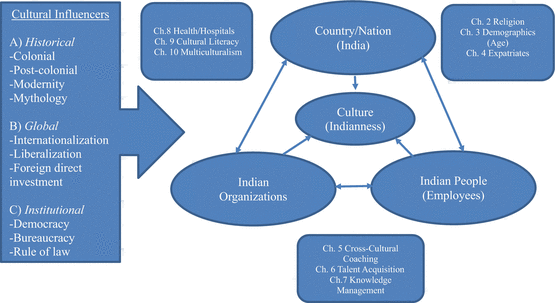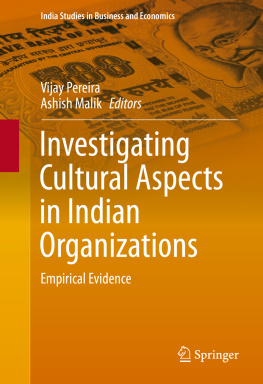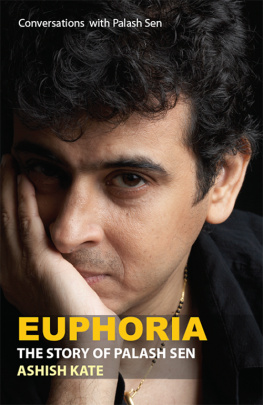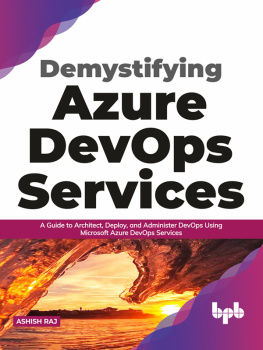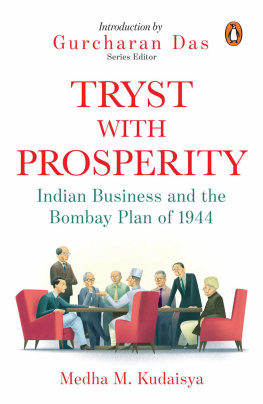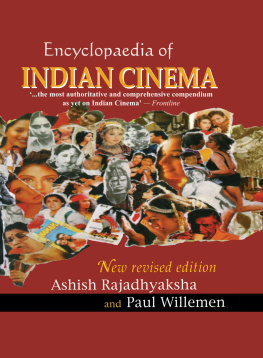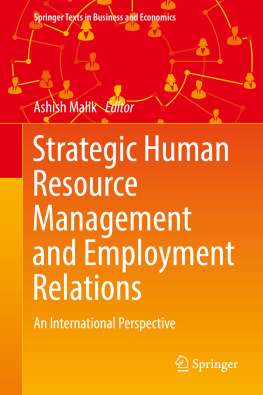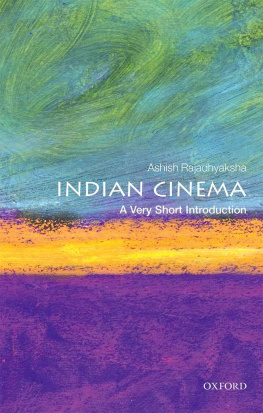1. Culture in Indian Organisations: Evidence-Based Research and Practice
A Google search on the 29 November 2014 at 2200 h GMT inputting the words culture in Indian organisations generated about 18,000,000 results (0.38 s). Similarly the same words in Google Scholar yielded about 89,300 results (0.06 s). These results are not surprising given the World Bank predicting that globally in the near future, India will be the second largest economy after China. The recent high growth rates reported by businesses in the Indian economy, whilst laudable from some perspectives (Cappelli et al. ), especially through empirical evidence.
This chapter outlines the importance of analysing aspects of Indian culture in organisations from a temporal as well as multidisciplinary theoretical lens. Though earlier studies have examined numerous topics on India such as specific management practices including human resource management (HRM) practices and Indian firms internationalisation strategies (e.g. see Human Resource ). However more is needed.
We envisage that this book will fill the gap identified as it is timely and topical. Moreover, quality contributions from domestic and international experts will increase the appeal of this edited collection. This book is thus an attempt to rekindle interest in understanding aspects of Indian culture in organisations. This edited collection offers a sound theoretical and empirical basis for understanding the evolving and changing nature of culture in Indian organisations. This timely collection incorporates contributions from Indian national and international academics with active interests of researching in organisational culture and management in domestic firms and Indian multinationals. In addition to covering topical issues on culture, this collection offers novel theoretical lenses to analyse and understand culture in Indian organisations.
Whilst there are numerous theoretical frameworks and explanations for understanding aspects of culture in nation states, including India (e.g. see widely used work by Hofstede () for a culturally complex and dynamic nation such as India is extremely critical. This is particularly important as there are diverse influences, some of which are conflicting interpretations of the various cultural aspects in India. As the worlds largest and most diverse democracy, there are numerous paradoxical challenges such as those arising from historical and post-colonial influences, integrating traditional values with the modern world and the attendant issues of intergenerational conflicts, thus presenting an interesting area for empirical investigations.
The purpose of this edited collection is to extend this interest by identifying key areas for empirical enquiry and thus presenting a coherent empirical base of research and evidence of three related and important topics of cultural understanding about India. First , historical roots and long upheld values in any context are always a good starting point for testing the strength of long-held values and belief systems in a nation state. Second , how such values and beliefs interact with the changing needs and ideologies of the new and modern India is another promising avenue for empirical research. Third , with an increasingly pace of globalisation and demographic mobility, the interactions across cultures, as cultures collide and interact with cultural aspects of Indianness, are the third most promising area of enquiry. To this end, this collection offers novel theoretical lenses to analyse and understand culture in Indian organisations. Rich and reflective case study insights from practitioners and academic reviews balance and integrate the theoretical underpinnings and cultural practices in the transforming tapestry of Indian culture. The use of rich case studies including the high growth sectors such as the IT and health industries highlights some of the macro- and micro-level challenges faced by organisations in managing culture in the Indian context.
The main objective of this research monograph is to unbundle several cultural complexities in the context of Indian organisations. When we sent out a global call for papers for this exciting book initiative, we knew we would receive a good response. We were however overwhelmed with enquiries and interests to contribute. As editors who envisaged this book, we were looking for contributions that had world views of/on the topic. We wanted a holistic and rounded perspective from scholars from not only across the globe but also local Indian indigenous scholars. We shortlisted and invited nine empirical papers that are based on the following conceptual model (see Fig. below). This book proposal and the chosen book chapters received very good external reviews. We reproduce quotes from two independent blind reviewers below.
Fig. 1.1
Conceptual model: culture in Indian organisations depicting the positioning of relevant chapters
With the focus on empirical evidence in order to advance theory, the book will provide rich insights into the cultural aspects within Indian organizations. The scope and coverage of the book is very well-defined, and covers all the important aspects within the topic area. In particular, the inclusion of topics such as role of religion, young Indians and globalization has been done in a remarkable manner. (Reviewer 1)
This is an interesting area to research into and the authors are timely in making a contribution in this field. Culture in Indian organisations for many years has been a topic that is both mysterious and elusive. I think this book series may provide some useful insights, useful to students, academics as well as general practitioners. (Reviewer 2)
Our conceptual model is based on three key intersecting areas that impact upon culturethe country/nation (i.e. India), the Indian organisations and the Indian people (employees). Also, there are multiple influencers on the three key areas. These are historical (colonial, post-colonial, modernity, mythology), global (internationalisation, liberalisation, foreign direct investment) and institutional (democracy, bureaucracy, rule of law). The other nine chapters in the book are structured accordingly, as is evident from the following Fig..
As is depicted in the model above, the next three contributions, i.e. Chaps. ).
Building on the first research agenda of this monograph, the next contribution (Chap. ) by Grishma Shah, Manhattan College, USA, focuses on the changes happening in India as a result of the latest generational cohort Generation Z. This interesting piece portrays the competitive demographic advantage of the current generational cohort in terms of the future in India. The title of Shahs contribution is Zippies and the Shift in Cultural Values in India. The purpose of this chapter is to examine the impact of economic globalisation on work and family collectivism for young middle-class Indians. The study surveys more than 1,000 individuals living in globalised and lesser globalised cities in India. The data are analysed using factor analysis, independent sample t -tests and multiple regressions. Results suggest that in an increasingly globalising India, young Indians will strive to preserve traditional values of collectivity when it comes to family, but will loosen their reins on workplace collectivism. This chapter is limited to examining the educated middle class in India as they are at the forefront of globalisation. The intention of the study is not to assess national culture as a whole, but to predict cultural shifts in India. The results provide critical insight as to how values are changing in a nation that promises to be a prominent feature on the global economic map in this century. Such insight is not only useful to scholars who wish to predict behaviour within firms and organisations but also to policymakers, entrepreneurs and businesses, as it informs them of impending infrastructure needs which must be met via public, private and/or publicprivate ventures. Recently, there has been a vital recognition that large-scale intuitional changes, such as globalisation, call for a re-examination of not only values worldwide but also their changing dynamics. This chapter heeds the call for understanding the onset of value changes in India as a result of its rapid economic and social transformation.
